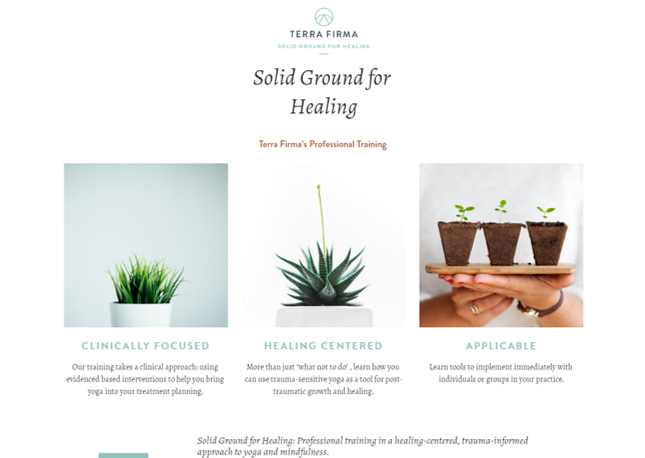I’ve been reading White Fragility by Robin DiAngelo, and last night I was thrilled to be able to go see her speak at the University of Minnesota. I have been engrossed in this book for a long time, because I find each page so rich with thinking about white supremacy in our society, how it got to this point, and what we can do about it now and going forward. It feels at times overwhelming and always humbling.
Here are just a few of the many pieces I want to remember, hold on to, and keep thinking about.
1. “Racism is a system, not an event.” Bias backed by power and authority is baked into all of our systems and institutions, and white people have a stake in keeping it that way, which is why very little changes in terms of gaps in power through the decades. White supremacy is at the heart of our societal systems that hold white as the default and standard by which value is determined and “inclusion” centers around.
I think this quote, which DiAngelo credits to J. Kēhaulani Kauanui, helps me have a response when I hear “I’m not racist, because…[insert ludicrous evidence here].” Racism is a system, and we’re all in it.
I see this in the mental health world so deeply – where white men have determined the standard of “wellbeing” and “health” and have used and enforced this standard to oppress and depreciate all other groups. In 2015, 86% of psychologists were white – hardly representative of the population, all of whom should have their own versions of mental health and wellbeing represented and visible in the field if everyone’s mental health is really our goal.
2. White women’s tears (especially progressive white women’s) are often called out as a hallmark of thinly veiled white privilege disguised as “allyship.” I have been guilty of these tears, and didn’t understand fully until DiAngelo’s talk with Resmaa Menakem last night. Menakem said “If your heart hasn’t been broken about this for years, I have nothing for you.”
Here is the thing: My tears take a Black person’s experience and put me and my reaction right at the center of it. It makes it about me, and my discomfort, instead of their experience and reality.
I did an experiment today when shown a video about Kira Johnson, a Black woman who died after childbirth in 2016, one of too many Black women whose lives are cut short in what should be the happiest of days by a medical system that tells them, in this case literally, that they are “not a priority.” Watching the video, my impulse was to cry it all out, but I focused that emotional energy into rage instead. Here’s the thing, I didn’t shed a tear and when I went home I looked up more about her husband’s lawsuit and donated to the foundation started in her honor. It’s not everything, but it’s a start and it’s certainly more productive than crying and sitting in white guilt. I think this is a useful exercise for progressive white women – when we have the impulse to shed tears about the injustice faced by Black people, to turn our sadness and brokenheartedness into rage and then into enraged action. This is how we change the white supremacy systems that are all around us – we have to see them and we have to try to break them down in whatever ways are available to us in our privilege.
Here is Kira’s story, I hope you’ll read it and feel some rage, and think about what you can do about it in your own way: https://abcnews.go.com/Health/widowed-father-works-congresswoman-legislation-prevent-maternal-deaths/story?id=59846228








